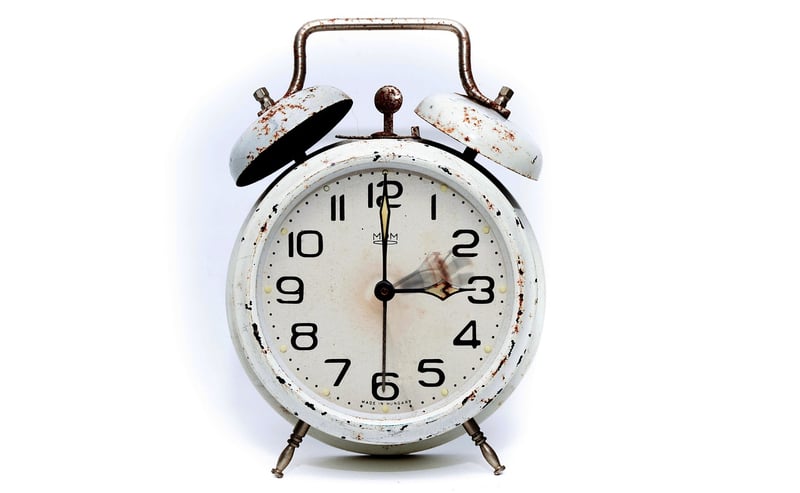Temporal Paradoxes
Exploring Temporal Paradoxes: A Journey Through Time

Time travel has been a fascinating concept in science fiction for decades, often leading to intriguing discussions about temporal paradoxes. These paradoxes occur when the past, present, and future interact in ways that defy traditional logic, creating mind-bending scenarios that challenge our understanding of causality and time itself.
The Grandfather Paradox
One of the most famous temporal paradoxes is the Grandfather Paradox. Imagine a time traveler going back in time and preventing their grandfather from meeting their grandmother. This would mean the time traveler is never born, which raises the question: if the time traveler was never born, how could they go back in time to prevent their grandparents from meeting?
The Bootstrap Paradox
Another intriguing paradox is the Bootstrap Paradox, where an object or information is sent back in time and becomes trapped in an infinite cause-and-effect loop. For example, imagine a composer hearing a future melody in a dream, then composing it and sending it back in time. Who actually composed the melody?
Solutions and Theories
Various theories have been proposed to address temporal paradoxes, such as the parallel universe theory, which suggests that altering the past creates a new parallel timeline. Another theory is the Novikov self-consistency principle, stating that any actions taken in the past were already part of history and cannot be changed.
Conclusion
Temporal paradoxes add a layer of complexity to the concept of time travel, sparking debates among scientists, philosophers, and fans of science fiction. While the idea of altering the past or the future remains a fantasy for now, exploring these paradoxes can expand our understanding of the nature of time and causality.
